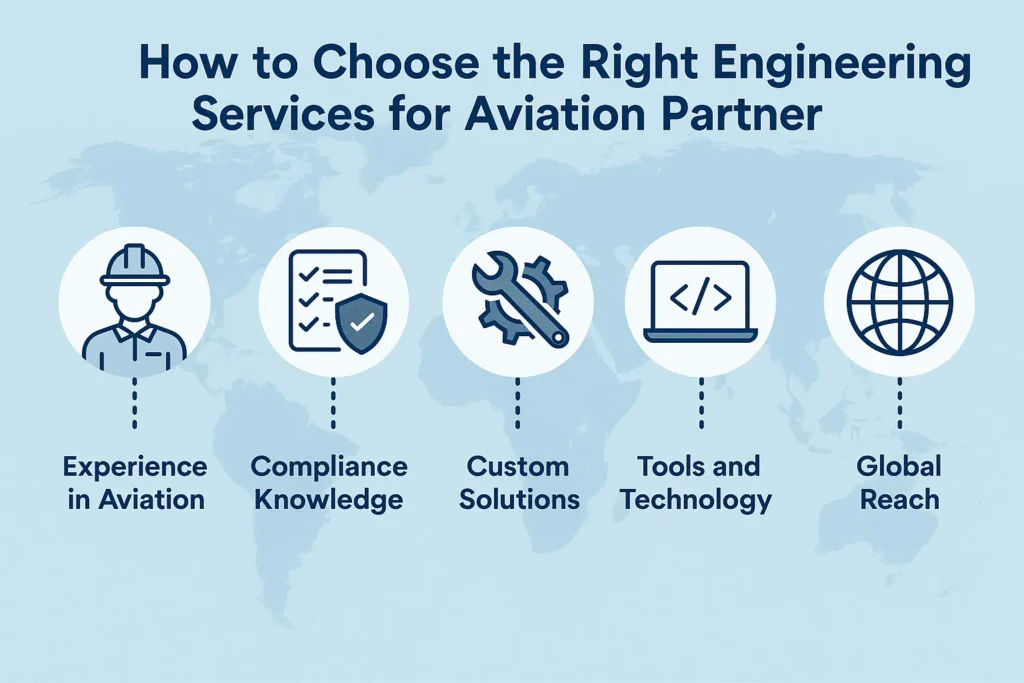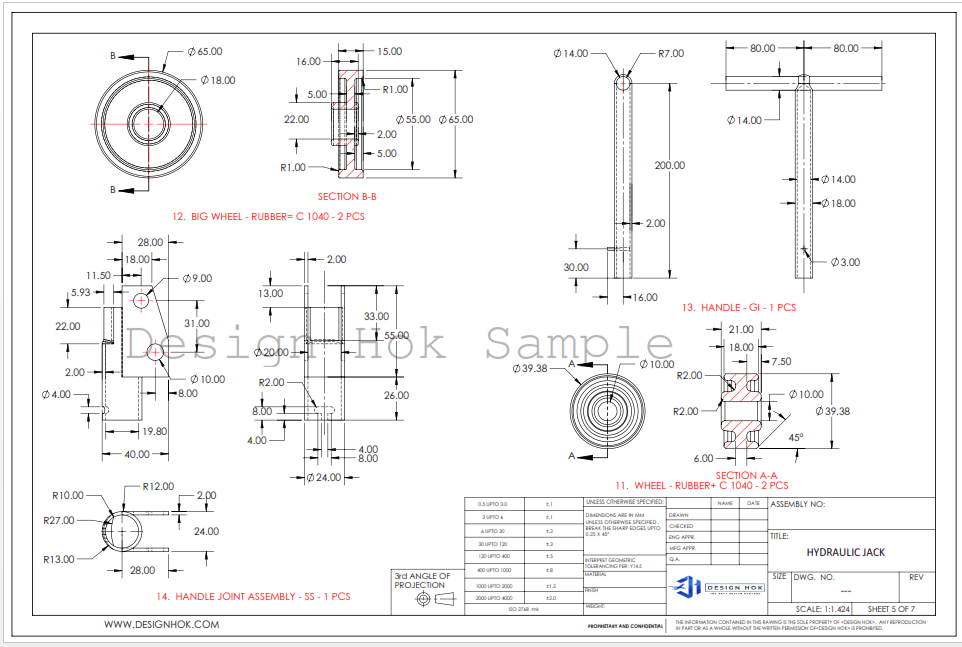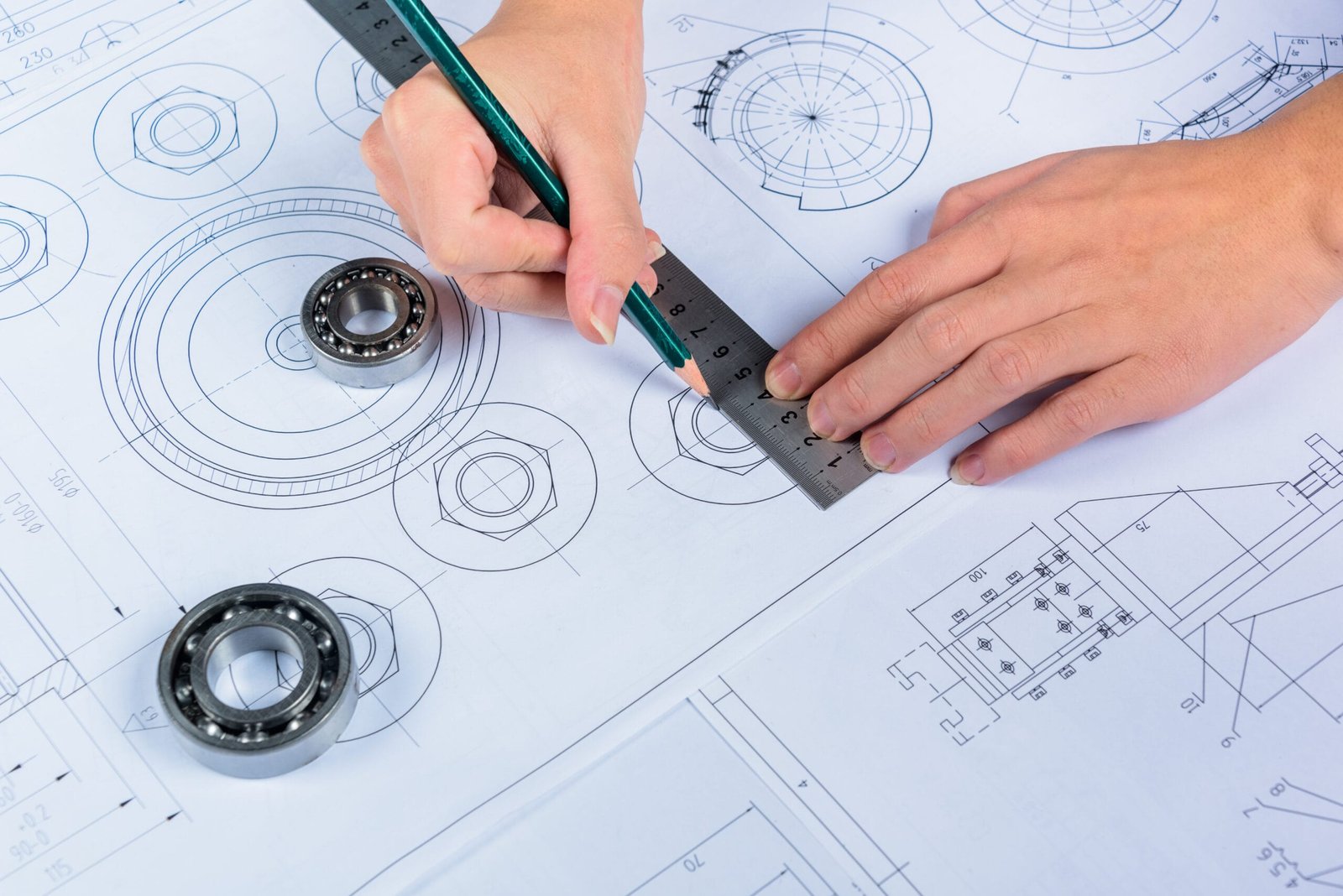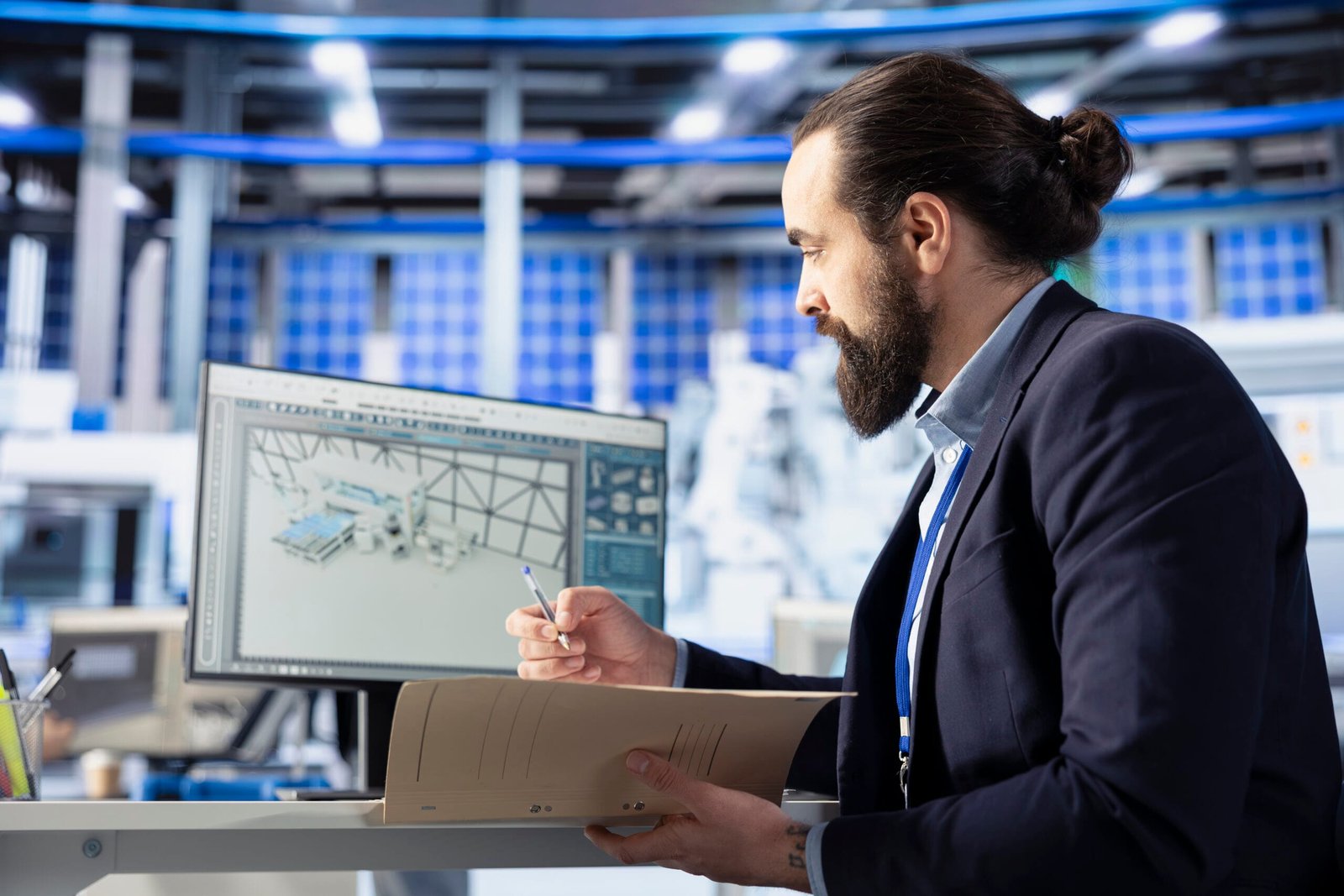Introduction
The aviation industry relies heavily on Engineering Services for Aviation to keep aircraft safe, efficient, and high-performing. From aircraft design and maintenance to software systems and component testing, engineering services support every part of aviation. In this guide, we’ll explore what aviation engineering services are, why they matter, what they include, and how they help aviation companies grow.
What Are Engineering Services for Aviation?
Engineering Services for Aviation are professional technical services that help design, develop, improve, and maintain airplanes and aircraft systems. These services are usually provided by specialized Engineering Services for Aviation, design firms, or aerospace contractors who work with aircraft manufacturers, airlines, defense agencies, and government regulators.
These services cover everything from:
- Aircraft structural design
- Mechanical and electrical systems
- Avionics (aircraft electronics)
- Flight safety systems
- Testing and certification
- Maintenance and repairs
- Engineering consulting
They ensure that aircraft meet safety standards, reduce costs, and improve fuel efficiency and performance.
Why Are Engineering Services Important in Aviation?
Engineering Services for Aviation is one of the most technically demanding industries in the world. Small mistakes in design or maintenance can result in huge financial losses or even accidents. That’s why engineering services are so important. They bring expertise, accuracy, and innovation to make air travel safer and more reliable.
Here are a few reasons aviation companies depend on engineering services:
1. Safety First
Aircraft engineering teams follow strict safety protocols to prevent issues during flight. From design to testing, everything is checked for reliability.
2. Compliance with Global Standards
Engineers help ensure aircraft meet international regulations like FAA, EASA, or ICAO standards.
3. Cost Efficiency
Well-engineered components last longer, perform better, and reduce the need for frequent repairs.
4. Faster Time-to-Market
New aircraft models or system upgrades can be developed faster with expert engineering support.
5. Innovation and R&D
Engineering Services for Aviation teams introduce the latest green technologies, AI systems, and lightweight materials to improve aviation design.
Types of Engineering Services in Aviation
Engineering Services for Aviation can be broadly divided into several key categories:
1. Aircraft Design Engineering
This includes designing the overall shape and structure of aircraft. Engineering Services for Aviation use CAD software and simulations to create:
- Wings and fuselage
- Landing gear systems
- Passenger and cargo spaces
- Aerodynamic structures
2. Mechanical Engineering
Mechanical engineers focus on aircraft systems like:
- Engines
- Hydraulic systems
- Environmental control systems (heating and cooling)
They work on both design and maintenance of these parts.
3. Electrical & Avionics Engineering
Electrical and avionics Engineering Services for Aviation handle the electrical systems inside aircraft. They design and maintain:
- Radar and communication systems
- Navigation equipment
- Cockpit display systems
4. Software Engineering for Aviation
Modern aircraft are run by powerful computer systems. Engineering Services for Aviation develop:
- Flight management systems (FMS)
- Autopilot software
- Fault detection and diagnostics
- Real-time data tracking
5. Testing & Validation Engineering
Before any aircraft can fly, it must pass many tests. Engineers perform:
- Stress testing
- Wind tunnel tests
- System checks
- Certification documentation
6. Maintenance, Repair, and Overhaul (MRO)
These services are key for keeping planes flight-ready. Engineers plan and perform:
- Preventive maintenance
- Fault repairs
- System upgrades
- Safety inspections
7. Consulting and Compliance Engineering
Some companies need help meeting aviation regulations. Engineering Services for Aviation consultants guide them on:
- Design approvals
- Quality checks
- Environmental standards
- Documentation and audits
Who Needs Engineering Services for Aviation?
A variety of organizations in the aviation world rely on engineering services:
✈️ Aircraft Manufacturers (OEMs)
Companies like Boeing, Airbus, and Embraer hire engineers for design, system integration, and testing.
🧰 Airlines and Fleet Operators
They need regular inspections, system upgrades, and safety audits.
🛠️ MRO Companies
Maintenance teams work closely with engineers for complex repairs and modifications.
🛰️ Defense and Space Agencies
Military aircraft, drones, and satellites require advanced engineering support.
🧪 Aerospace Startups and Innovators
New aviation tech companies use engineering services for prototypes and R&D.
Benefits of Using Engineering Services for Aviation
Here are the top advantages companies get from hiring professional Engineering Services for Aviation:
✅ Improved Safety
Detailed checks and inspections reduce the risk of failures.
✅ Better Performance
Lightweight materials and advanced designs improve speed and fuel use.
✅ Lower Operational Costs
Preventive maintenance saves money in the long run.
✅ Faster Certifications
Experienced engineers help get designs approved faster.
✅ Customization
Engineering firms offer solutions tailored to different aircraft models or mission needs.
Latest Trends in Engineering Services for Aviation (2025)
As the industry grows, Engineering Services for Aviation are also evolving. Here are some current trends shaping aviation engineering:
🌱 Sustainable Engineering Services for Aviation
- Use of biofuels
- Electric aircraft prototypes
- Carbon emission reduction in design
🧠 Artificial Intelligence in Aviation
- Predictive maintenance using AI
- Flight path optimization
- Autonomous flight systems
🌐 Digital Twin Technology
- Real-time simulation of aircraft systems
- Virtual inspections
- System upgrades without physical tests
🤖 Robotics in Maintenance
- Robots for inspections and repair tasks
- Drones for checking hard-to-reach areas
📡 5G and Real-Time Connectivity
- Instant system alerts
- Real-time passenger and cargo tracking
- Better air traffic control integration
How to Choose the Right Engineering Services for Aviation Partner
Not all Engineering Services for Aviation firms are the same. When selecting a partner, consider:
1. Experience in Aviation
Look for teams with aerospace certifications and project portfolios.
2. Compliance Knowledge
They should understand FAA, EASA, and ICAO standards.
3. Custom Solutions
Choose a provider who can adapt to your specific aircraft and systems.
4. Tools and Technology
Do they use modern CAD, simulation, and AI tools?
5. Global Reach
If you operate globally, pick a firm that understands cross-border aviation rules.

How Engineering Services for Aviations Support the Future
The Engineering Services for Aviation industry is moving fast—toward greener aircraft, urban air mobility, and space tourism. Engineering services are leading the way by:
- Building lighter, stronger aircraft
- Reducing environmental impact
- Creating safer systems for autonomous flights
- Designing next-gen flying taxis and air taxis
Without engineering expertise, none of this progress would be possible.
Conclusion
Engineering Services for Aviation are the backbone of the aviation industry. They support everything from aircraft design and safety systems to real-time software and predictive maintenance. Whether you’re a large aircraft manufacturer or a startup building the future of flying, Engineering Services for Aviation can help you build better, safer, and smarter.
Investing in the right Engineering Services for Aviation team is not just smart—it’s essential. With the help of experienced Engineering Services for Aviation, companies can stay ahead in a competitive market and meet the ever-growing demands of safety, speed, and sustainability.
Frequently Asked Questions (FAQ)
Q1: What do aviation engineering services include?
They include design, testing, maintenance, avionics, software development, compliance, and consulting for aircraft and systems.
Q2: Who uses aviation engineering services?
Aircraft manufacturers, airlines, defense agencies, and aerospace startups all use these services.
Q3: Why are engineering services important in aviation?
They help ensure aircraft are safe, efficient, and compliant with international standards.
Q4: How much do aviation engineering services cost?
Costs vary depending on the project. It can range from a few thousand dollars for simple checks to millions for full aircraft design.
Q5: What are the latest trends in aviation engineering?
Green aviation, AI-powered maintenance, digital twins, robotics, and 5G connectivity are leading the future.





